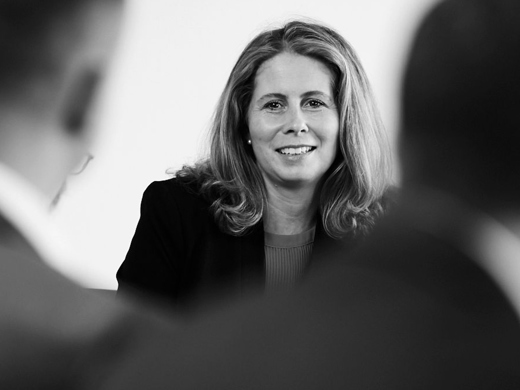Equity Project Q&A: Diversity, equity and inclusion and the path forward for companies and law firms




In October of 2021, Burford launched the second phase of its award-winning Equity Project, which has as its centerpiece a $100 million pool of legal finance capital to back commercial litigation and arbitration led by female and racially diverse lawyers as well as a commitment to share a portion of profits with charities focused on the advancement of historically underrepresented lawyers upon the successful resolution of Equity Project backed matters.
In January 2022, two of the legal and business leaders who support The Equity Project as Champions shared their perspective on how legal departments and law firms can continue to promote diversity, equity and inclusion. Their answers are gathered in edited …